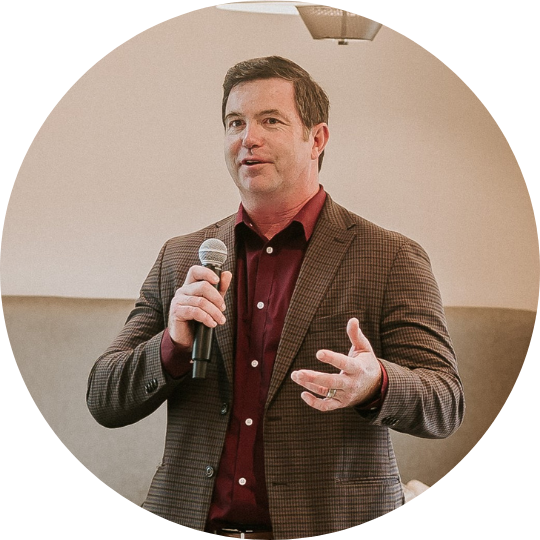Lodi’s Real Challenge: Building the Economy Our City Deserves

Recent controversy around Lodi City Manager Scott Carney has sparked intense debate—from procedural missteps to serious allegations now under investigation. But while City Hall is mired in drama, Lodi faces a much bigger problem: we lack the economic engine to support the services our community expects.
This isn’t a crisis of character—it’s a crisis of capacity.
The City’s General Fund for 2024–25 is $83 million. But 80%—about $68 million—is already committed to salaries, benefits, and operational costs. That leaves just $15 million to cover homelessness, economic development, parks, public safety, and other pressing needs. Most of that is already earmarked too.
Meanwhile, our household income and property values lag far behind neighboring cities. Lodi’s median household income is $84,402—well below Ripon ($120,061), Elk Grove ($122,229), and Lathrop ($118,605). Adjusted for inflation, our income has dropped over 10% in the past five years. Home values tell the same story: since 2005, Lodi’s typical home value has increased 81%, compared to 163% in Lathrop and 136% in Ripon.
Why does this matter? Because cities are funded primarily through property tax, sales tax, and utility revenues—all of which rise and fall with the prosperity of their residents. When household income grows, economic activity increases, property values rise, and city revenues follow.
And yet, at a time when Lodi’s wine grape growers (a major economic engine for Lodi) are facing an industry crisis, we are distracted by political infighting.
This isn’t about blaming staff or any one department. Even flawless leadership can’t deliver results without the financial tools to do the job. The reality is that Lodi needs more prosperity—not more finger-pointing.
As Councilmember Lisa Craig-Hensley pointed out, “Determining if our city funds are being spent with the benefit to our citizens in mind is the critical decision-making tool I use in the budget process.” Her comment cuts to the heart of the issue: our budget is constrained not just by spending priorities but by limited revenue in the first place.
We need to attract higher-wage employers. Build housing that supports middle-class families. Revitalize commercial corridors like Sacramento Street. And invest in infrastructure that makes Lodi a place where people want to live, work, and visit.
Doing this will require leadership from City Hall, yes—but also from business owners, community groups, and residents. It will take trust, transparency, and a shared focus on Lodi’s long-term prosperity.
The city’s revenues and resources will only grow if Lodian's income grows. Let’s set aside the distractions and focus on what really matters: building a stronger economic future for Lodi.

